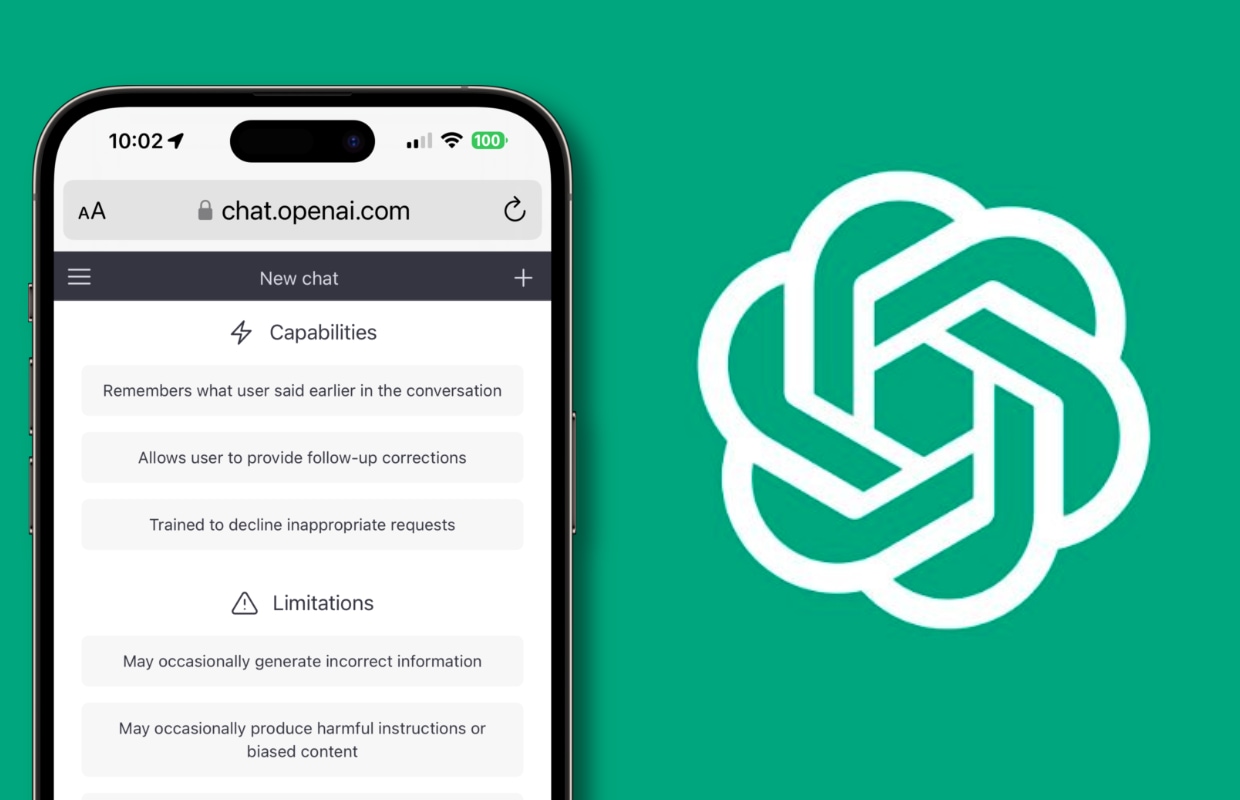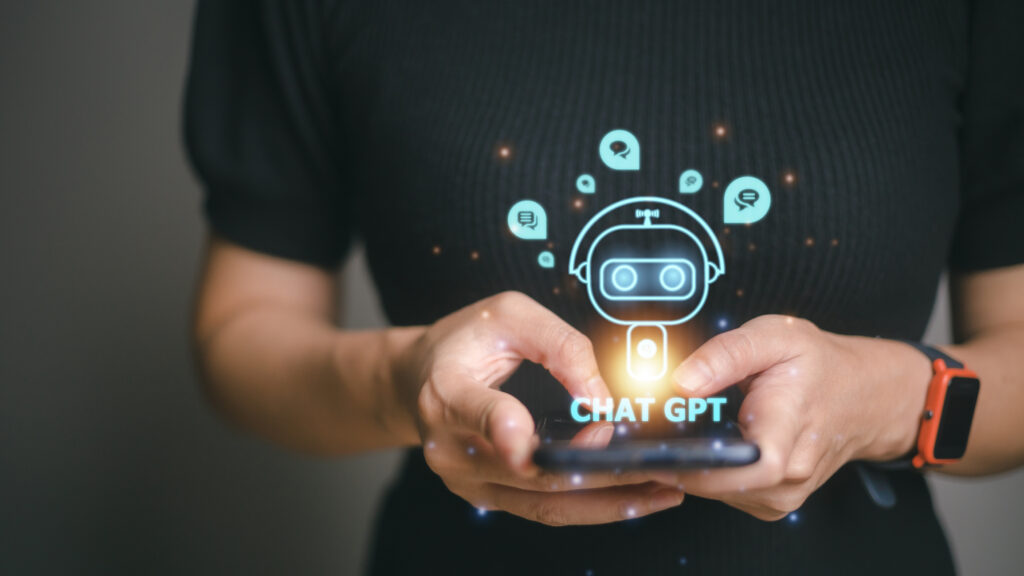In today’s rapidly evolving educational landscape, artificial intelligence tools like ChatGPT have become more than just a technological novelty—they’re a potential game-changer for students navigating academic and professional challenges. However, like any powerful tool, the key lies in understanding how to use it effectively, ethically, and strategically.
Before we begin with the blog, mind you, when we mention generative AIs, we’re not referring to a shortcut to academic success but rather a revolutionary companion in your learning journey.
The Academic Potential of AI Assistance
Imagine having a 24/7 study buddy that can help you brainstorm ideas, explain complex concepts, and provide structured guidance across multiple subjects. That’s the promise of ChatGPT for today’s students. But it’s crucial to approach this tool with both excitement and responsibility.
Brainstorming and Ideation
One of ChatGPT’s strongest assets is its ability to help students break through creative blocks. When you’re struggling to start an essay or develop a research project, the AI can provide initial frameworks, suggest different angles, and help you organize your thoughts. It’s like having a collaborative partner that can quickly generate multiple perspectives on a topic.
Learning and Comprehension
Complex subjects often require multiple explanations to truly understand. ChatGPT can break down challenging concepts into more digestible explanations. Struggling with calculus? Ask the AI to explain a difficult theorem in simpler terms. Trying to understand a historical event’s nuances? The tool can provide contextual information that helps deepen your understanding.

Research and Background Information
While ChatGPT shouldn’t replace traditional research, it can be an excellent starting point. Students can use it to get quick overviews of topics, generate potential research questions, and even suggest relevant sources or areas of investigation. Think of it as an intelligent research assistant that helps you map out your academic exploration.
Responsible Use: Setting Boundaries
As powerful as ChatGPT is, it’s not a magic solution or a replacement for critical thinking. Students must establish clear boundaries:
- Never Use AI for Direct Submission: Submitting AI-generated work as your own is academic dishonesty. Period.
- Treat AI as a Collaborative Tool: Use ChatGPT to enhance your understanding, not to do the work for you.
- Always Verify Information: AI can make mistakes. Cross-reference important information with credible sources.
Career Development Strategies
Beyond academics, ChatGPT can be a valuable career development tool. Career exploration has traditionally been a complex and often overwhelming process, but AI now offers unprecedented insights and support. Students can use generative AI’s to conduct deep dives into potential career trajectories, uncovering nuanced information about different industries, emerging job markets, and critical skill requirements.
By inputting their current skill set and career aspirations, students can receive comprehensive analyses that highlight potential growth areas, identify skill gaps, and generate personalized learning roadmaps.
- Resume and Cover Letter Refinement: Get suggestions for phrasing, structure, and highlighting your skills
- Interview Preparation: Practice responses, understand common interview questions, and use AI tools like ChatGPT to conduct mock interview
- Skill Development: Receive guidance on learning new professional skills and emerging industry trends
The Role of Educators: Integrating AI Responsibly
For this technology to truly benefit students, educators must play a proactive role. Schools and universities should:
- Develop clear AI usage guidelines
- Teach critical evaluation of AI-generated content
- Incorporate AI literacy into curriculum
- Show students how to use generative AI as a learning enhancement tool, not a shortcut
Pedagogical Integration
The integration of generative AI into educational environments represents more than just a technological upgrade—it’s a fundamental reimagining of how we teach, learn, and prepare students for a rapidly evolving digital landscape. Pedagogical intervention is not about introducing another tool, but about reshaping educational approaches to develop critical thinking, digital literacy, and ethical technological engagement. If a machine is capable of outwitting a teacher’s pedagogy, it may be able to replace the teacher. In this regard, it is imperative for teachers to transform challenges into opportunities and adapt to changes as they arise (Journal of Applied Learning & Teaching).
Imagine classes where AI is used transparently:
- Analyzing AI-generated responses critically
- Understanding the limitations and potential biases of generative AI
- Learning how to prompt effectively and evaluate outputs
Prompts That May Help You as Students While Using Generative AI Consciously
- Explain the concept of [specific topic] in simple terms: Use this prompt to gain a clear and concise understanding of complex topics, ensuring the explanation aligns with your learning level.
- How can I improve my [public speaking/critical thinking/creative writing] skills: This is a great way to receive actionable tips and strategies to develop essential life skills beyond academics.
- Can you simulate a job interview for the role of [position]?: Practice interview scenarios to prepare for internships, jobs, or admissions, receiving tailored questions and feedback to boost your confidence.
For more information on how to generate effective prompts, click here.
Looking Forward
ChatGPT and similar AI tools aren’t just a trend—they’re becoming an integral part of how we learn, work, and think. By approaching these technologies with curiosity, ethics, and strategic thinking, students can transform them from mere tools into powerful allies in their educational and professional journeys.
The future belongs to those who can skillfully navigate between human creativity and artificial intelligence.
So tell us, are you ready to become that kind of student?









